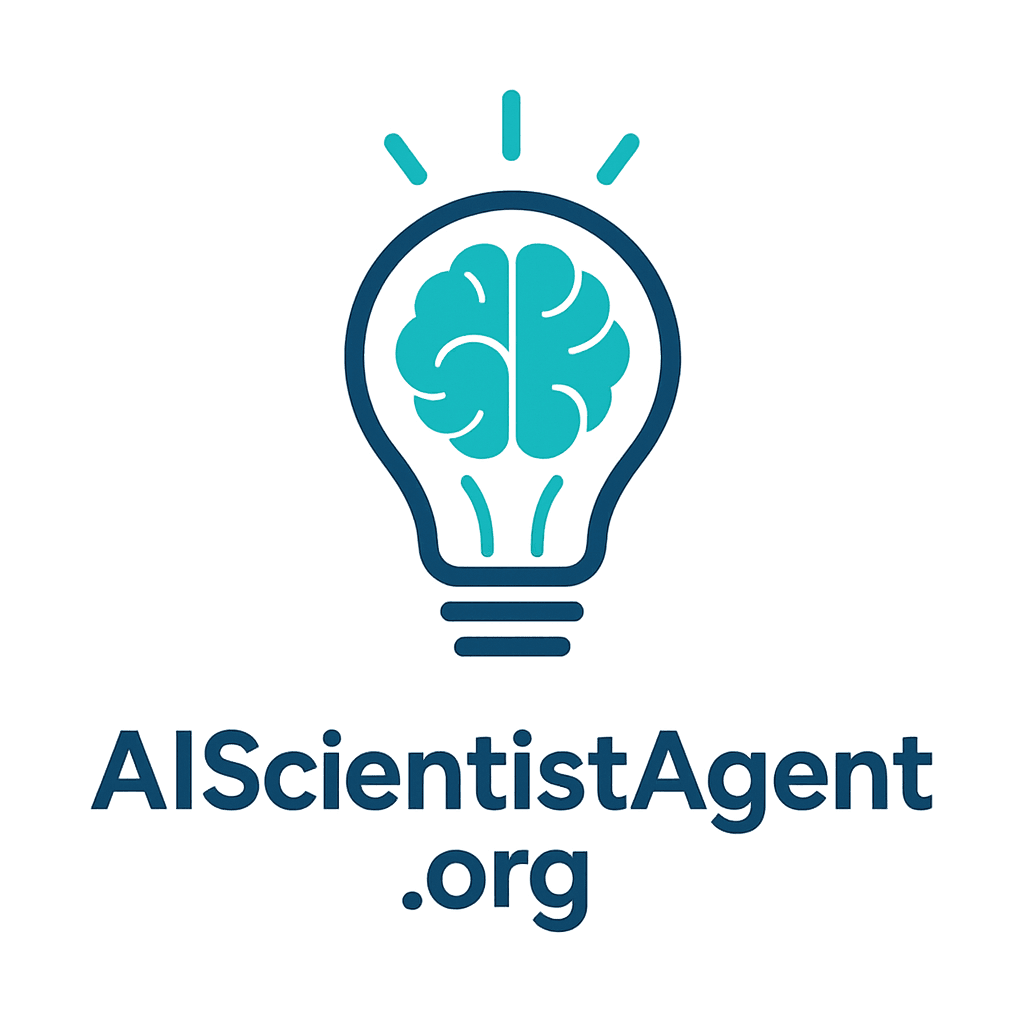AI Solutions for Scientific Literature Search: Streamlining Data Access
In today's fast-paced world of scientific research, the sheer volume of published papers can be overwhelming. Researchers often find themselves spending countless hours sifting through databases to locate relevant literature. Fortunately, advancements in Artificial Intelligence (AI) are transforming how scientific literature searches are conducted, making data access more efficient and streamlined.
The Rise of AI in Scientific Literature Search
AI technology has introduced innovative solutions for managing the vast expanse of scientific literature. By leveraging machine learning algorithms and natural language processing, AI tools can swiftly identify pertinent studies, saving researchers valuable time. These tools not only enhance the speed of searches but also improve accuracy by filtering out non-relevant data.

Enhancing Search Accuracy with Machine Learning
Machine learning algorithms are at the core of AI-powered literature search tools. These algorithms analyze past search behaviors and patterns to refine future searches. As a result, researchers receive more precise results tailored to their specific inquiries. This precision reduces the noise in search results, allowing scientists to focus on what truly matters—building on existing research to drive innovation.
Moreover, AI systems can recognize complex relationships between different studies, providing insights that might be overlooked through manual searches. This capability is particularly beneficial in interdisciplinary research areas where integrating diverse fields of knowledge is essential.
Natural Language Processing: Understanding Context
A key component of AI-driven literature searches is Natural Language Processing (NLP). NLP enables AI systems to comprehend and interpret human language in a way that is both meaningful and context-aware. This means AI tools can understand queries in natural language, making it easier for researchers to communicate their needs without the constraints of rigid search terms.

Streamlining Data Access with Automated Summarization
One of the challenges researchers face is evaluating the relevance of a paper quickly. AI solutions now offer automated summarization features, which distill lengthy papers into concise summaries. This function allows researchers to rapidly assess whether a study is worth a deeper dive, thereby optimizing their workflow.
Automated summarization not only saves time but also aids in maintaining focus on critical research areas by providing a high-level overview of a paper's findings and methodologies.
Integration with Existing Research Platforms
AI solutions are increasingly being integrated into existing research platforms, offering a seamless experience for users. These integrations ensure that researchers can access enhanced search capabilities without the need to switch between multiple tools. By embedding AI functionalities within familiar platforms, scientists can enjoy both convenience and the power of advanced data processing.

Future Prospects and Challenges
The future of AI in scientific literature search is promising, with continuous advancements expected to further refine search capabilities. However, challenges remain, including ensuring data privacy and managing the biases that can arise from algorithmic decision-making. Addressing these issues will be crucial to maximize the benefits AI can offer to the scientific community.
Ultimately, as AI technology continues to evolve, it holds the potential to revolutionize how researchers access and interact with scientific data, paving the way for new discoveries and innovations.
